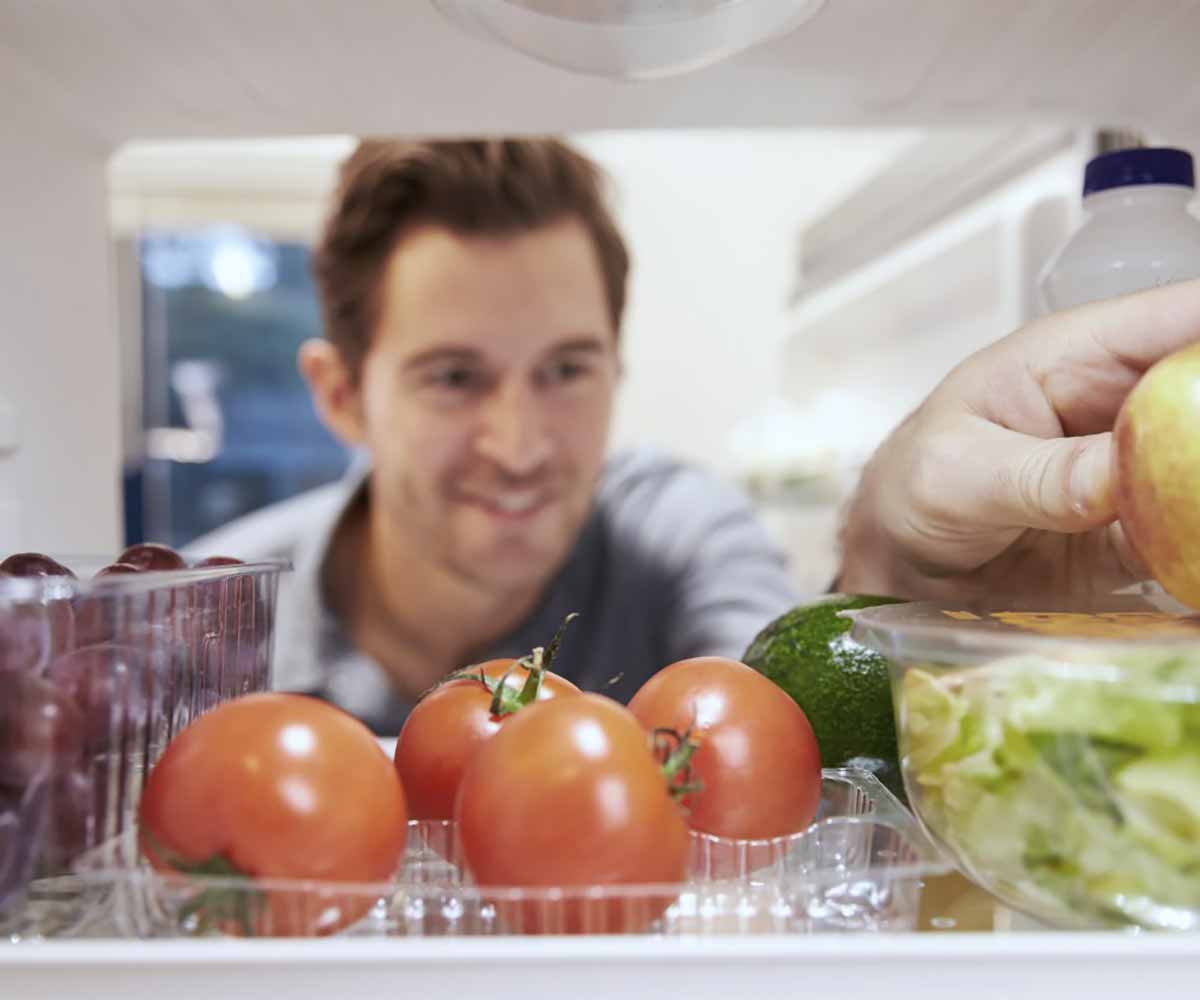Loretta Graziano Breuning, PhD, shares how food holds value and produces serotonin and endorphins in your brain. Children sometimes fight over food the way monkeys do. By the time we reach adulthood, we learn to restrain that impulse, but the longing for power doesn’t stop when you stop grabbing other people’s bananas. We look for ways to stimulate that one-up feeling, and food often gets involved. Your mammal brain finds ways to be special and fill your belly at the same time.
Stimulating Serotonin
Status food is an obvious example. Everyone has seen the iconic image of a wealthy big shot with a bib on eating a lobster. Each generation creates its own food-based status symbols. In tribal societies, you would get status by providing a banquet for everyone you know. Such banquets were the only chance to eat meat for many people. When my mother was a child, meat was such a luxury that having a slice of ham in your cheese sandwich was a status symbol. Today, status foods come and go, but you know what they are. In a world of food abundance, the biggest status indicator is being thin. Many people starve themselves to achieve this status. They enjoy the serotonin but starvation triggers constant cortisol.
Food can stimulate serotonin in many other ways.
You may feel special when your diet is healthier than the average. If it’s more ethical as well, you get extra bonus points. The one-up feeling is also released when you can get others to honor your dietary preferences. Opposing the food habits of others does it, too. It’s not surprising that people invest so much energy negotiating their food rules, whether in a family, a social group, or the public forum. We don’t like to acknowledge this aspect of food. We don’t like to acknowledge the mammalian urge for social power at all. But serotonin rewards you with a good feeling when you get it, and your inner mammal feels threatened when you don’t.
The quest for serotonin is hard for everyone because it’s quickly metabolized, so you have to keep stimulating it. Also, your brain habituates to any status you have, so new and improved status is what it takes. This leaves us eager for one-up opportunities no matter where we are in life. And since we are eager for food as well, the two goals often overlap. Food creates frequent opportunities to assert yourself and feel important.
Yet every opportunity can lead to disappointment instead.
No matter how slim your waistline, someone will have a slimmer one. No matter how perfect your dinner party, someone’s will be better. No matter how ethical your diet, someone’s will be more ethical, and however high your soufflé, someone’s will be higher. Of course, these quests go too far sometimes, but you don’t see that when you’re in the grip of social comparison. Thus, the mammalian urge for social dominance can permeate your mealtime. You may say you don’t care about social dominance, but if you find yourself mindlessly shoveling snacks into your mouth, think about what happened in the last few hours. You will probably find that you have experienced a threat to your social dominance.
We all struggle with the feeling of powerlessness because we are all born powerless. Food choices are a popular way to relieve those feelings of weakness. We do it in myriad ways, depending on our life experience. However you got wired, you can build new pathways to feel pride in good food choices without stewing over other people’s food choices.
Endorphin Triggers
Hot pepper triggers a bit of endorphin, but habituation means you have to eat hotter and hotter to stimulate it. Chewing triggers a bit of endorphin because it exercises your jaw muscles. The appeal of chewing gum or a nice bowl of popcorn rests in part on the endorphin. The historical significance of chewing is fascinating. Before the invention of cooking food, our ancestors had to spend a huge portion of their day chewing food to get enough nutrition. Chimpanzees spend a huge part of their day chewing. Elephants and gazelles spend almost their whole day chewing. Cooked food enabled humans to swallow more nutrition in less time, leaving us more time for other things. Today, it’s nice to spend some of that time chewing.
Starving triggers endorphin, too.
It also triggers cortisol, of course. The joint neurochemical message effectively promotes survival in the state of nature. Cortisol alerts a forager to the urgency of its food needs, and endorphin masks hunger pain so it’s easier to forage. Hunger only triggers endorphin when you’re at the point of distress. And even then, you habituate, so it takes more distress to stimulate it. Starving for endorphin is thus dangerous and foolish and absolutely not recommended. It is only mentioned here for the sake of insight. We are designed to honor our natural urge to eat.
This is an excerpt from Tame Your Anxiety: Rewiring Your Brain for Happiness
This is Part Four of a five-part series.
Part One-Food and Anxiety
Part Two-The Dopamine Value of Food
Part Three- The Oxytocin Value of Food
Part Five- Food Trade-Offs and Anxiety
Loretta Breuning, PhD is Founder of the Inner Mammal Institute and author of Habits of a Happy Brain: Retrain Your Brain to Boost Your Serotonin, Dopamine, Oxytocin and Endorphin Levels. She’s Professor Emerita of Management at California State University, East Bay. Her many books and digital resources help people find their power to manage their brain chemicals.




